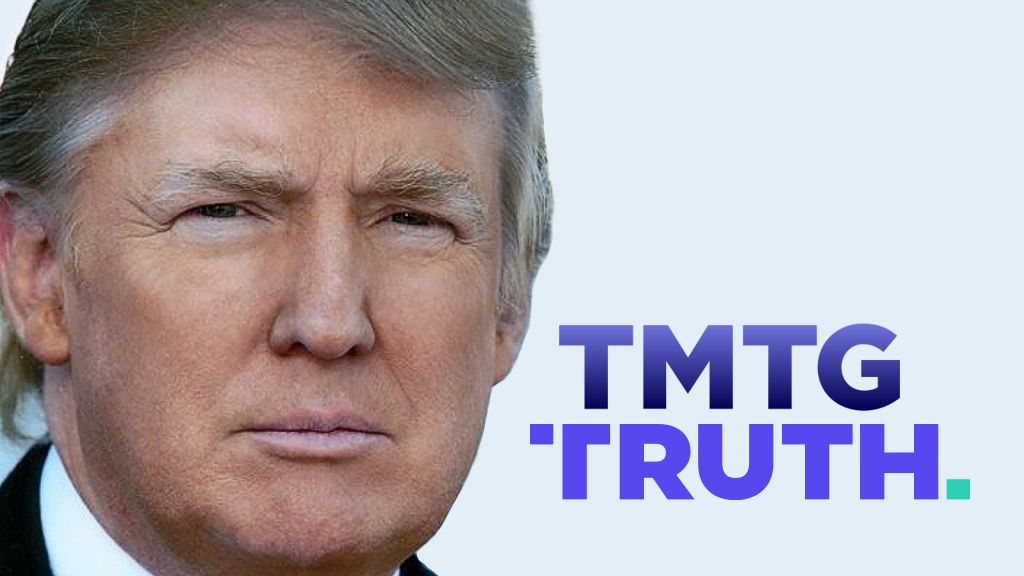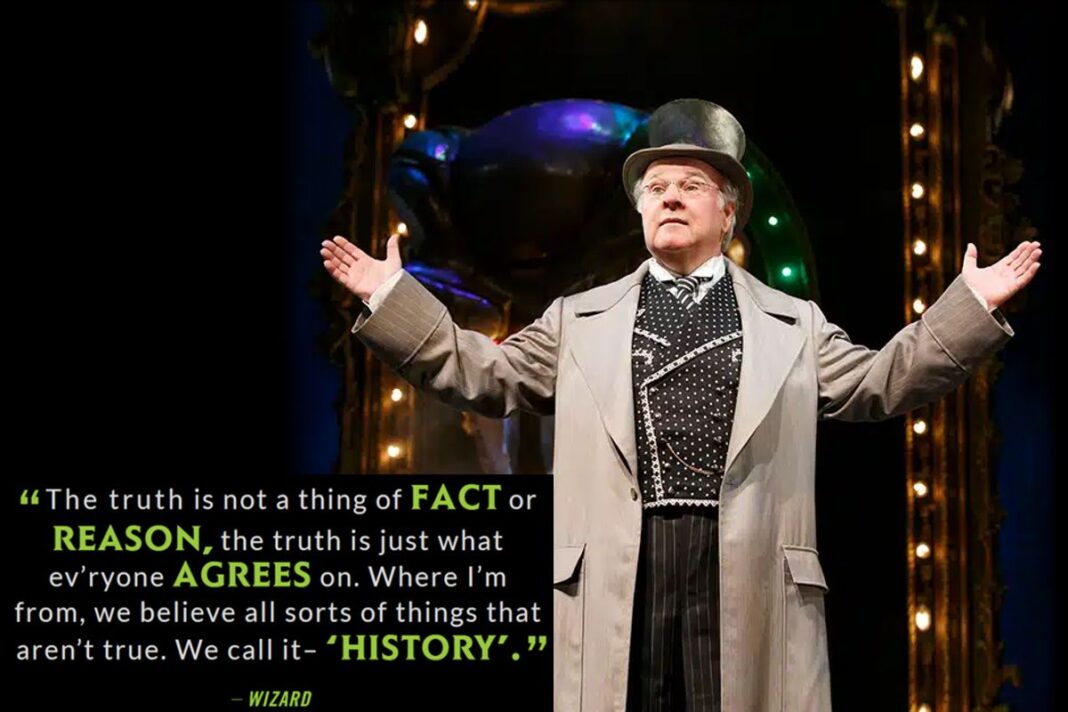The U.S. Department of Justice recently doubled its reward for information leading to the arrest of Venezuela’s president.
Venezuelan President Nicolás Maduro has announced a “special security plan” to activate loyal militia forces around his country amid growing tensions with the United States.
The Venezuelan president’s official website stated on Aug. 18 that Maduro’s call-up will mobilize around 4.5 million militia members across the South American country.
“With this, President Maduro affirmed, the peace, tranquility, and sovereignty of Venezuela are guaranteed,” the presidential website stated.
The action comes two weeks after the U.S. Department of Justice doubled an existing reward for information leading to Maduro’s arrest, upping it to $50 million.
As she announced the heightened reward, U.S. Attorney General Pam Bondi accused Maduro of working with Latin American gangs and cartel organizations.
The United States last week deployed air and naval resources to the southern Caribbean Sea as part of an effort to counter Latin American drug cartels. Such a deployment would potentially place those military assets relatively close to Venezuela’s northern coastline.
Against the backdrop of this growing U.S. pressure, Maduro’s office said the goal of his militia mobilization “is to make Venezuela an unbreakable zone against criminal gangs, drug traffickers, and fascist mercenaries who may be present in the Venezuelan region.”
U.S.–Venezuela relations have been strained for years.
On Aug. 11, 2017, during his first term, President Donald Trump told reporters, “We have many options for Venezuela, including a possible military option, if necessary.”
The first Trump administration rejected Venezuela’s 2018 presidential election in which the country’s National Electoral Council declared Maduro the winner.
Today’s so-called “election” in Venezuela is an insult to democracy. We will continue to stand with the Venezuelan people fighting for a brighter future for their country. It's time for Maduro to go.
— U.S. Mission to the UN (@USUN) May 20, 2018
In 2019, Trump also backed then-Venezuelan National Assembly President Juan Guaidó as the opposition leader declared Maduro’s win invalid and asserted himself as the interim head of state.
Guaidó led a short-lived attempted uprising against Maduro on April 30, 2019.
President Joe Biden’s administration also rejected the results of Venezuela’s July 2024 presidential election, in which Venezuela’s National Electoral Council again declared Maduro the winner despite challenges to the final vote tallies.
At an Aug. 19 press briefing, White House press secretary Karoline Leavitt said Trump has been “very clear and consistent” with respect to Venezuela.
“He’s prepared to use every element of American power to stop drugs from flooding into our country and to bring those responsible to justice,” Leavitt said.
“The Maduro regime is not the legitimate government of Venezuela; it is a narco terror cartel. And Maduro, it is the view of this administration, is not a legitimate president. He is a fugitive head of this cartel who has been indicted in the United States for trafficking drugs into the country.”







